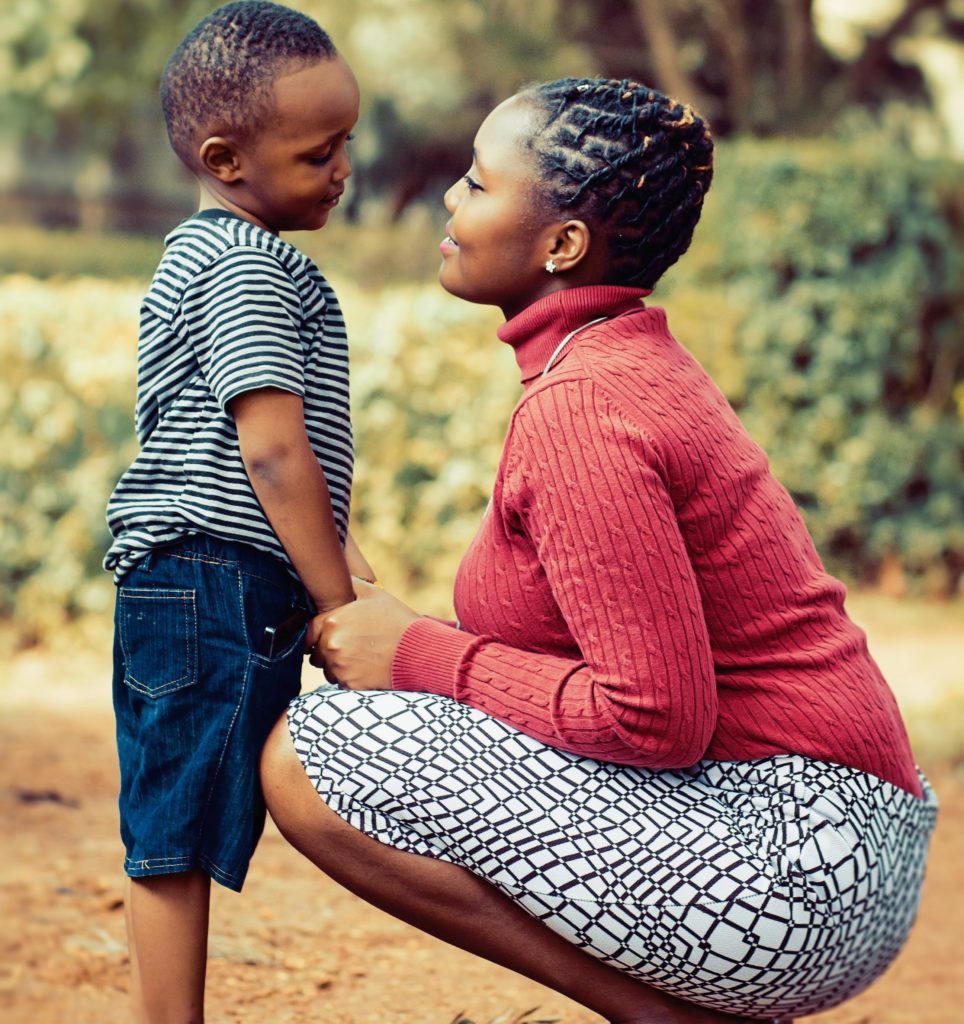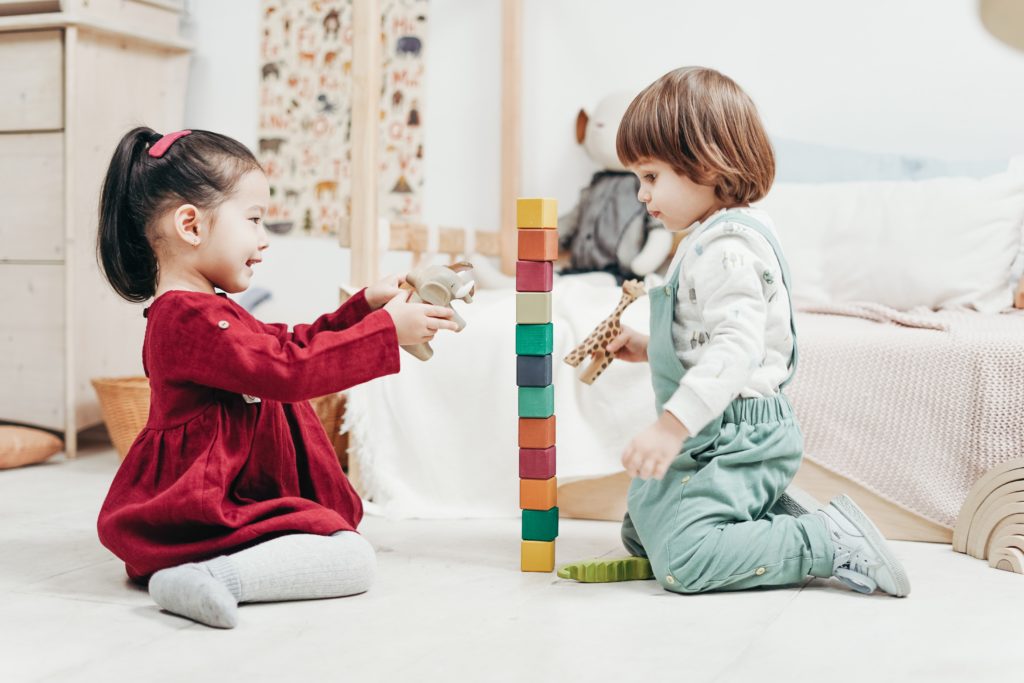Rewards and punishments are conditional, but our love and consideration for our children should be unconditional. In fact when we start with that, everything changes.
👍 The workshop, based on the teachings of child psychologist Dr. Aletha Solter, teaches us how to change the conversation and the behavior. It is divided into three sections.
✔ The workshop is divided in three sections.
1️⃣ The first section of the workshop focuses on punishments.
Many parents grew up with punishments, and it’s understandable that they rely on them. But punishments tend to escalate conflict and shut down learning. They elicit a fight or flight response, which means that sophisticated thinking in the frontal cortex goes dark and basic defense mechanisms kick in. Punishments make us either rebel, feel shamed or angry, repress our feelings, or figure out how not to get caught.

2️⃣ The second section looks at rewards. So if punishments are bad, rewards are the positive choice then, right?
No, actually rewards are more like punishment’s sneaky twin. Families find them alluring (understandably), because rewards can control a child momentarily. But the effect can wear off, or even backfire: “How much do I get?” a client told us her daughter said one day when asked to pick up her room.
Over decades, psychologists have suggested that rewards can decrease our natural motivation and enjoyment. For example, kids who like to draw and are, under experimental conditions, paid to do so, draw less than those who aren’t paid. Kids who are rewarded for sharing do so less, and so forth. This is what psychologists call the “overjustification effect” — the external reward overshadows the child’s internal motivation.
Rewards have also been associated with lowering creativity. In one classic series of studies, people were given a set of materials (a box of thumbtacks, a candle and book of matches) and asked to figure out how to attach the candle to the wall. The solution requires innovative thinking — seeing the materials in a way unrelated to their purpose (the box as a candle holder). People who were told they’d be rewarded to solve this dilemma took longer, on average, to figure it out. Rewards narrow our field of view. Our brains stop puzzling freely. We stop thinking deeply and seeing the possibilities.
3️⃣ The third section focuses on an alternative where neither punishments nor rewards are used, but a democratic alternative is developed. .
The whole concept of punishments and rewards is based on negative assumptions about children — that they need to be controlled and shaped by us, and that they don’t have good intentions. But we can flip this around to see kids as capable, wired for empathy, cooperation, team spirit and hard work. That perspective changes how we talk to children in powerful ways.

In the workshop, we will learn to look beneath the surface.
Tears, resistance, and physical aggression can be the tip of the iceberg. Below, there may be hunger, lack of sleep, overstimulation, intense feelings, working on a developmental skill, or being in a new environment. Thinking this way makes you a guiding partner rather than a controlling adversary.
Motivation is excellent when it carries the underlying message: « I trust you and believe you want to cooperate and help. We are a team. » This is a subtle difference from dangling rewards, but it is powerful.
The idea of punishment conveys the message: « I have to make you suffer for what you’ve done. » Many parents don’t really want to communicate that, but they also don’t want to appear permissive. The good news is that you can set boundaries and guide children without resorting to punishment.

Humans are not naturally lazy (it’s not an adaptive trait), especially not children. We enjoy working hard if we feel we are part of a team. Young children want to be capable family members, and they love to help if they know their contribution matters and is not just for show. Let them help in meaningful ways from a very young age, rather than assuming they should be otherwise occupied while we do the work.

